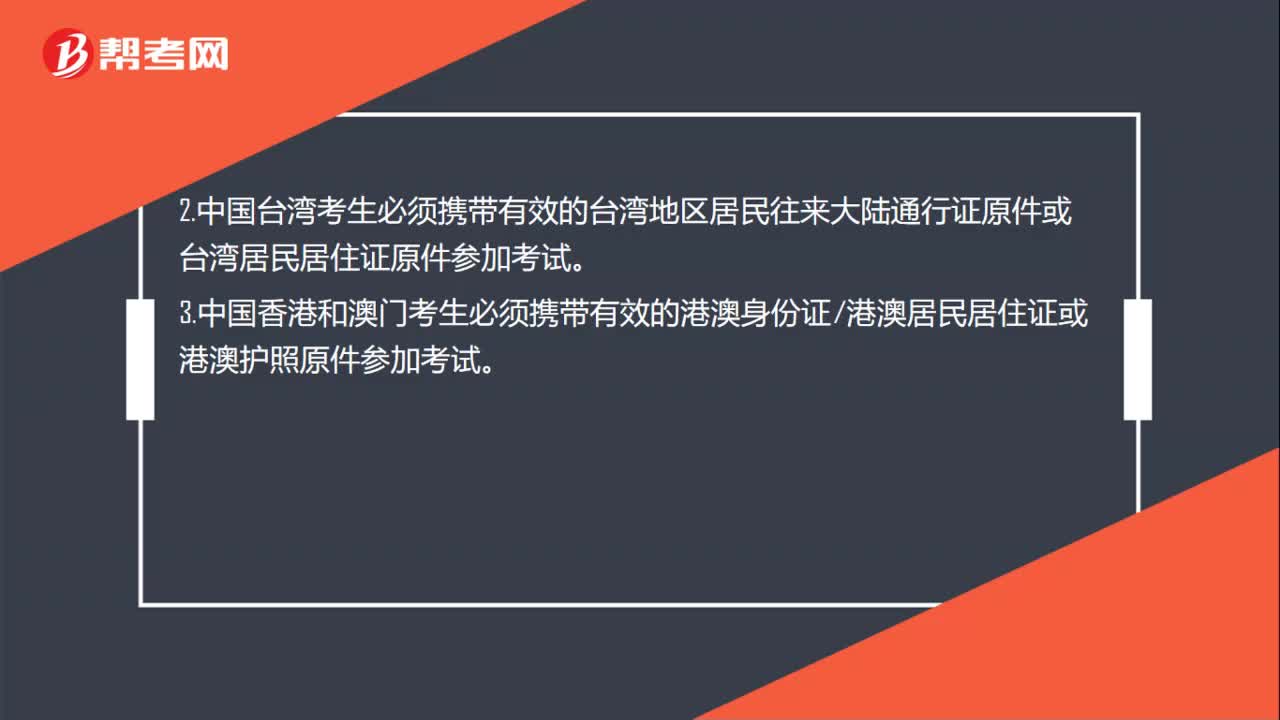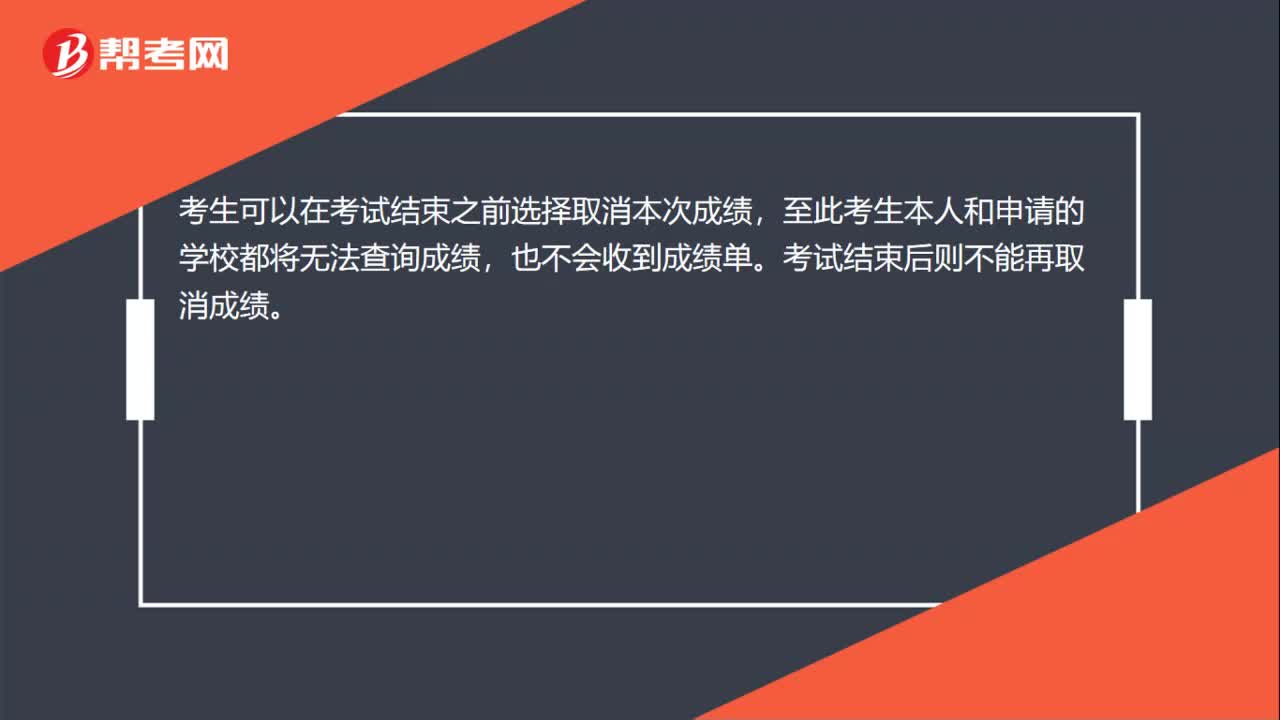
下载亿题库APP
联系电话:400-660-1360

下载亿题库APP
联系电话:400-660-1360

请谨慎保管和记忆你的密码,以免泄露和丢失

请谨慎保管和记忆你的密码,以免泄露和丢失

小伙伴们,今天的你有没有好好复习呢?好的成绩是坚持不懈的努力得来的,所以快和帮考网一起来练习吧!
托福考试阅读练习:美国十九世纪的政治
NINETEENTH-CENTURY POLITICS IN THE UNITED STATES (OG)
The development of the modern presidency in the United States began with Andrew Jackson who swept to power in 1829 at the head of the Democratic Party and served until 1837. During his administration, he immeasurably enlarged the power of the presidency. "The President is the direct representative of the American people," he lectured the
Senate when it opposed him. "He was elected by the people, and is responsible to them." With this declaration, Jackson redefined the character of the presidential office and its relationship to the people.
During Jackson\'s second term, his opponents had gradually come together to form the Whig party. Whigs and Democrats held different attitudes toward the changes brought about by the market, banks, and commerce. The
Democrats tended to view society as a continuing conflict between "the people”-farmers, planters, and workers-and a set of greedy aristocrats. This "paper money aristocracy" of bankers and investors manipulated the banking system for their own profit,Democrats claimed, and sapped the nation\'s virtue by encouraging speculation and the desire for sudden, unearned wealth. The Democrats wanted the rewards of the market without sacrificing the features of a simple agrarian republic. They wanted the wealth that the market offered without the competitive, changing society; the complex dealing; the dominance of urban centers; and the loss of independence that came with it.
Whigs, on the other hand, were more comfortable with the market. For them, commerce and economic
development were agents of civilization. Nor did the Whigs envision any conflict in society between farmers and
workers on the one hand and businesspeople and bankers on the other. Economic growth would benefit everyone by raising national income and expanding opportunity. The government\'s responsibility was to provide a well-regulated economy that guaranteed opportunity for citizens of ability.
Whigs and Democrats differed not only in their attitudes toward the market but also about how active the central government should be in people\'s lives. Despite Andrew Jackson\'s inclination to be a strong President, Democrats as a rule believed in limited government.
Government\'s role in the economy was to promote competition by destroying monopolies\' and special privileges. In keeping with this philosophy of limited government, Democrats also rejected the idea that moral beliefs were the proper sphere of government action. Religion and politics, they believed, should be kept clearly separate, and they generally opposed humanitarian legislation.
The Whigs, in contrast, viewed government power positively. They believed that it should be used to protect
individual rights and public liberty, and that it had a special role where individual effort was ineffective. By regulating the economy and competition, the government could ensure equal opportunity. Indeed, for Whigs the concept of
government promoting the general welfare went beyond the economy. In particular, Whigs in the northern sections of the United States also believed that government power should be used to foster the moral welfare of the country. They were much more likely to favor social-reform legislation and aid to education.
In some ways the social makeup of the two parties was similar. To be competitive in winning votes, Whigs and
Democrats both had to have significant support among farmers, the largest group in society, and workers. Neither party could win an election by appealing exclusively to the rich or the poor. The Whigs, however, enjoyed disproportionate strength among the business and commercial classes. Whigs appealed to planters who needed credit to finance their cotton and rice trade in the world market, to farmers who were eager to sell their surpluses, and to workers who wished to improve themselves. Democrats attracted farmers isolated from the market or uncomfortable with it,
workers alienated from the emerging industrial system, and rising entrepreneurs who wanted to break monopolies and open the economy to newcomers like themselves. The Whigs were strongest in the towns, cities, and those rural areas that were fully integrated into the market economy, whereas Democrats dominated areas of semisubsistence farming that were more isolated and languishing economically.
以上就是本次帮考网和大家分享的全部内容了,希望小伙伴们能够继续努力,相信最后一定会取得好成绩的。关注帮考网,还有更多有关考试练习在等着你哦!
 90
90中国境内参加托福考试对证件的要求是什么?:1.中国大陆考生必须携带有效的二代居民身份证原件参加考试,请考生确认所持二代身份证仍在有效期内、芯片信息读取功能正常,2.中国台湾考生必须携带有效的台湾地区居民往来大陆通行证原件或台湾居民居住证原件参加考试。3.中国香港和澳门考生必须携带有效的港澳身份证港澳居民居住证或港澳护照原件参加考试。4.非中国籍考生必须携带有效护照原件参加考试。护照明确显示考生的姓名、本人近期照片和签字。
 22
22托福考试中能否取消考试成绩?:托福考试中能否取消考试成绩?考生可以在考试结束之前选择取消本次成绩,至此考生本人和申请的学校都将无法查询成绩,也不会收到成绩单。考试结束后则不能再取消成绩。
 32
32托福考试如何计分?:托福考试如何计分?托福考试的四个环节,分数由电脑自动生成和人工评分(经过专业培训的权威人士)两部分组成,确保分数的公平及准确性。只有托福考试采用这种多人评分机制,通过不记名方式,由多名接受过严格培训的考官予以评分,过程经过质量监控,达到高标准的公平性与客观性。